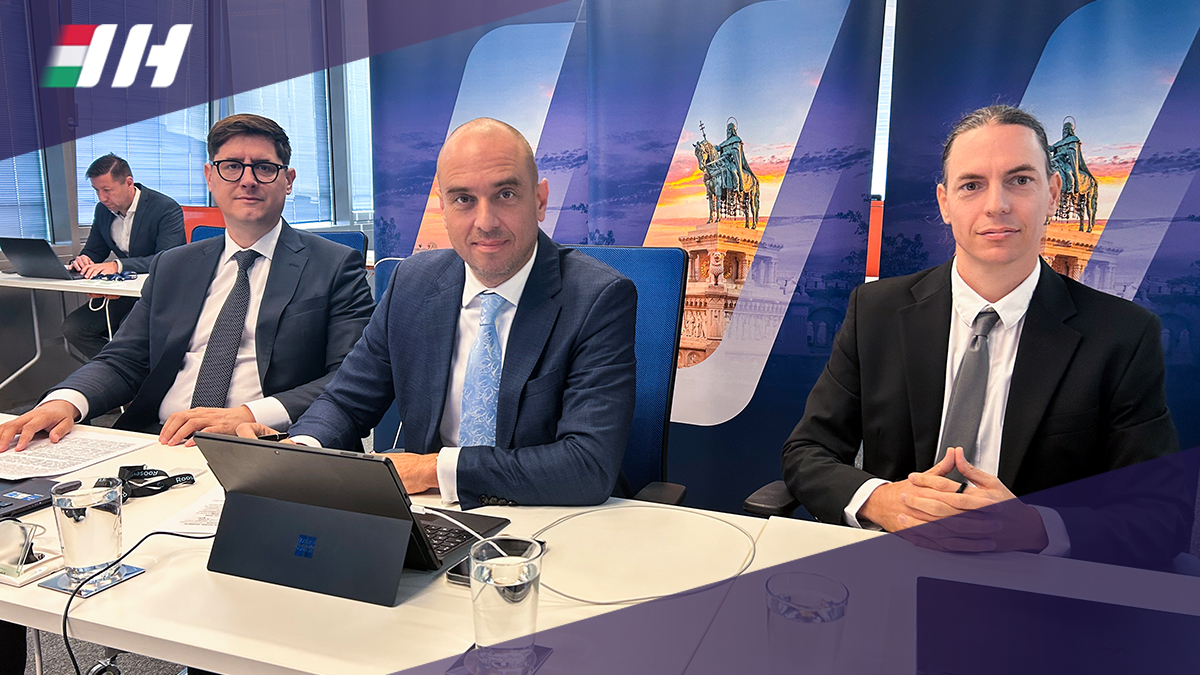Hungarian Integrity Authority to Develop AI-Powered Anti-Corruption System
Cikk publikálásának ideje:

The Hungarian Integrity Authority is set to deploy artificial intelligence to detect risks in EU fund allocation and public procurement. The two-year digital project, which has a cross-government spill-over impact, is being implemented with support from the European Commission’s Technical Support Instrument (TSI) and technical assistance from the OECD. Its effective operation and the prevention of corruption, however, will be contingent on direct access to public data.
The project, launched this week, is a two-year endeavor to develop data-driven analytical tools and a comprehensive digital strategy aimed at strengthening transparency, integrity, and accountability in the use of EU funds. The initiative is a collaboration between the Integrity Authority, the European Commission, and the Organization for Economic Co-operation and Development (OECD).
The international hybrid conference that kicked off the project highlighted the inherent risk of fraud and corruption linked with the use of EU funds, particularly in public procurement. To address this, the Integrity Authority—an autonomous administrative body overseeing EU funds in Hungary—will develop a risk analysis system that will enable its staff to identify potential corruption risks using the latest AI-supported technologies.
“This project will create real value for Hungary. To us, it is clear that the prevention of corruption is always cheaper, cleaner, and more effective than detection after the fact and remediation,” said Ferenc Pál Biró, President of the Integrity Authority, in his opening speech. “Corruption is like a slow-spreading infection: if we recognize and divert it in time, it requires far fewer victims and resources than having to cure the entire body.” The president emphasized that the system under development will be a public asset for the country, with the resulting integrated data and information platform strengthening the entire public sector.
“The economy is built on trust, and corruption erodes it, while creating integrity mitigates the damage,” said Judit Rózsa, Director for the TSI Programme within the European Commission’s SG REFORM. “The support provided to the Integrity Authority, a key actor for ensuring transparency, is very timely, and we hope that it will help Hungary to use the available EU funding opportunities.” She added that the TSI project also includes knowledge-sharing and capacity-building activities to ensure that the analytical tool will be used and further developed.
“The OECD is providing professional and operational assistance for this digital project, which supports the reform processes that began in 2022,” said János Bertók, Deputy Director of the OECD’s Public Governance Directorate. “Digitalization offers an important opportunity to create transparency.”
Both Bertók and Biró stressed that effective prevention requires deep, real-time, and tangible information. They added that effective action is impossible without not only broad data access, but also the substantive cooperation of partner agencies.
The project has a support value of 600,000 euros, with the Authority receiving no direct funding but benefiting from the provision of the European Commission’s and the OECD’s technical expertise.
Launched in 2021, the Technical Support Instrument of the EU is the successor to the Structural Reform Support Programme. Since 2017, the two programs have contributed to the design, development, and implementation of more than 2,000 reform projects across 27 member states. The TSI provides customized technical expertise to EU member states for planning and implementing reforms in various fields, including tax administration and public financial management, public administration and governance, growth and the business environment, labor markets, education and social services, migration, financial markets, and access to finance. Hungary has implemented 45 such programs to date, with nine receiving support this year. Past beneficiaries include most government ministries, the Hungarian National Bank, and the National Tax and Customs Administration.

